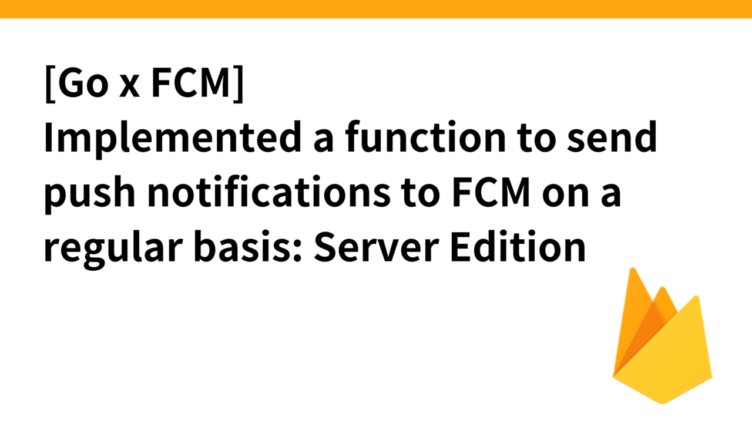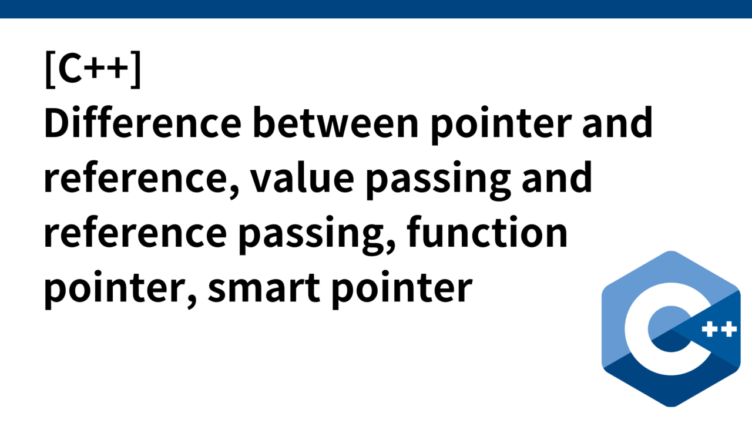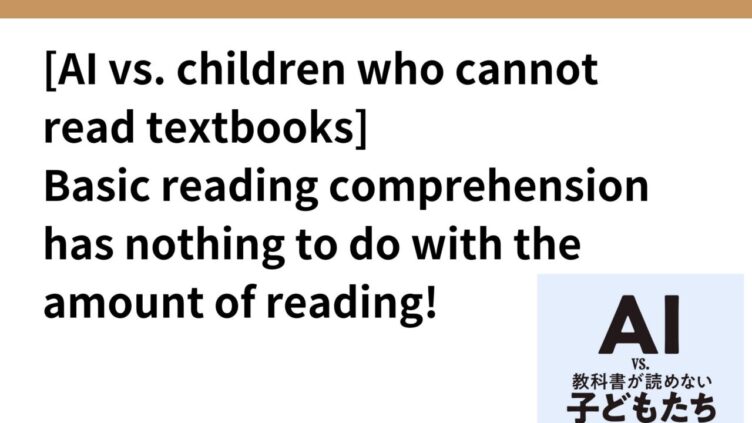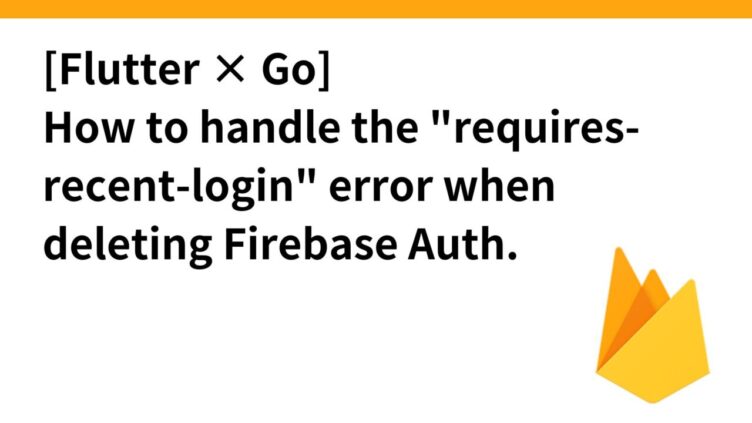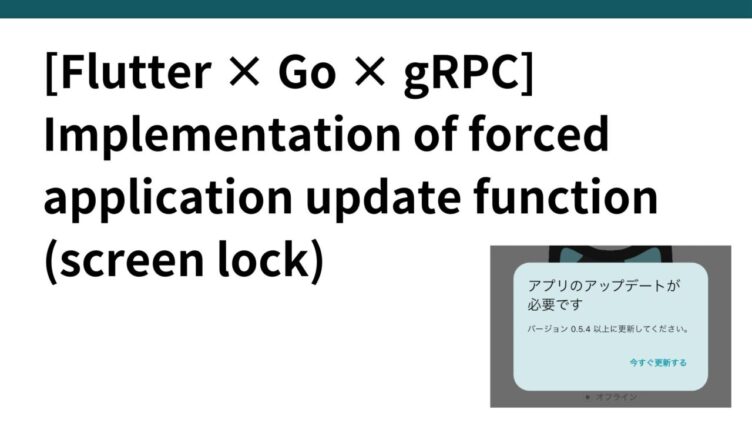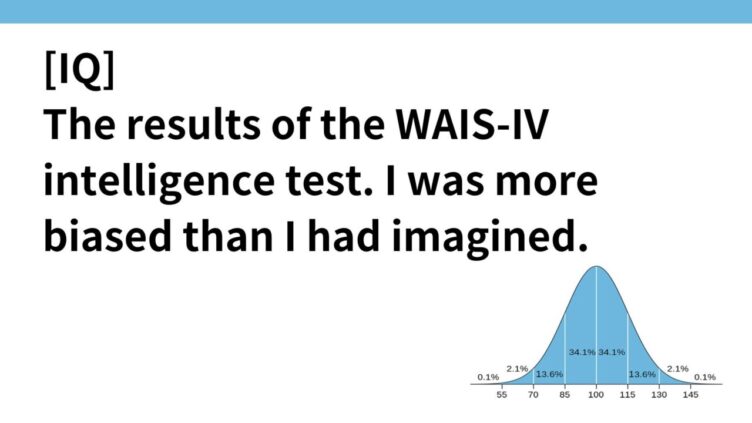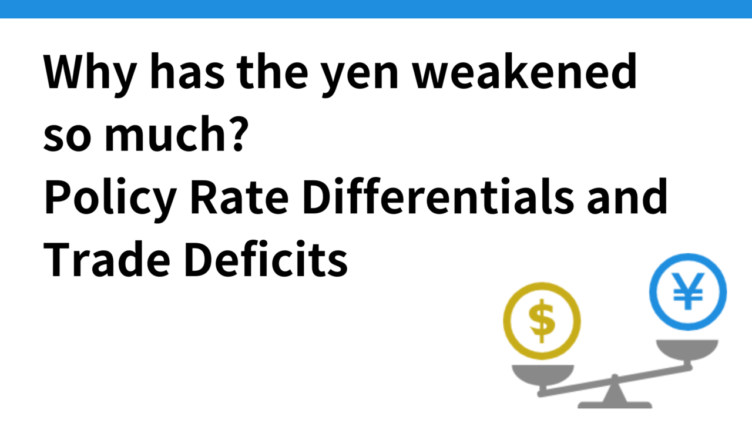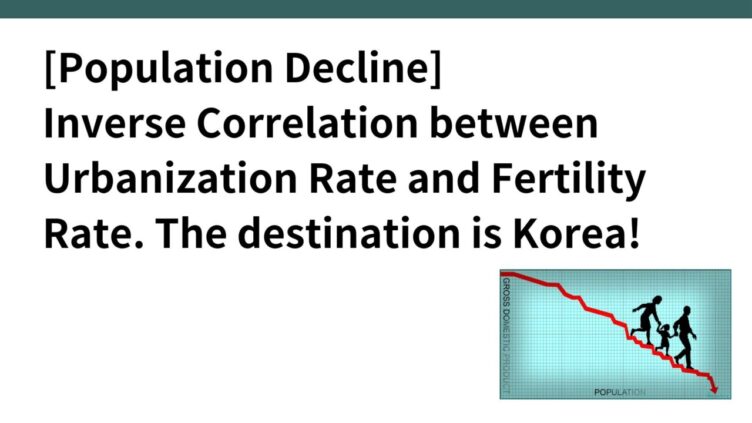
[AI] Changes in SEO in the Era of Chat Search and Characteristics of Content Chosen by AI
While the cost of content generation will fall dramatically with generative AI, it is expected to be flooded with content of dubious authenticity or similar content, so content that is differentiated as content, free of misinformation and described by people or institutions with greater authority and expertise, will be valued.
